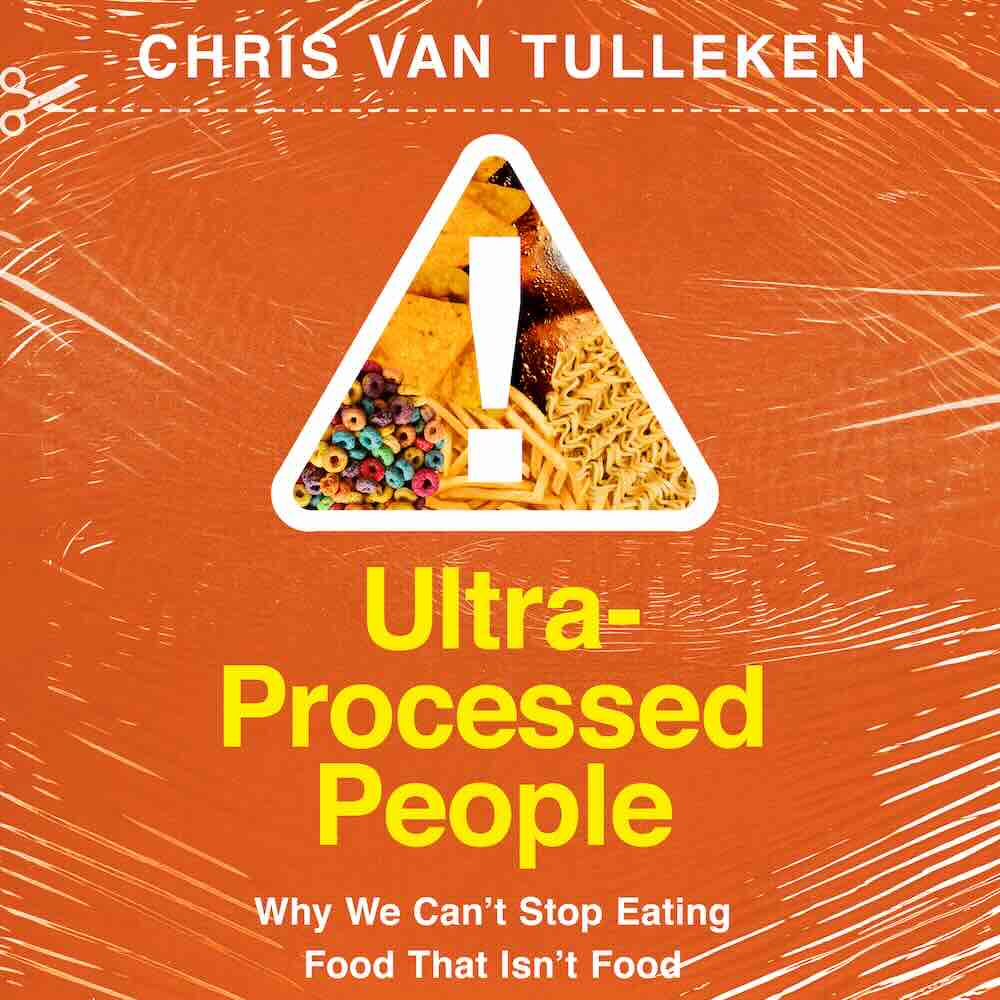Why We Can't Stop Eating Food That Isn't Food
Have you ever wondered why it's so hard to resist the temptation of ultra-processed foods? Chris van Tulleken's groundbreaking research sheds light on why we can't seem to stop eating food that isn't really food. Let's delve into the genetic and physiological reasons behind our cravings for these unhealthy options.
Understanding Ultra-Processed Foods
Ultra-processed foods are typically high in sugar, unhealthy fats, and additives. These ingredients are carefully crafted by food scientists to trigger pleasure centers in our brains, leading to cravings and overconsumption. The more we eat these foods, the more our bodies become accustomed to their artificial flavors and textures.
The Genetic Connection
Van Tulleken's research highlights the role of genetics in our relationship with ultra-processed foods. Some individuals may be more genetically predisposed to crave these foods due to variations in their taste receptors or metabolism. This genetic influence can make it even harder to resist the allure of processed snacks and meals.
The Impact on Our Bodies
As we continue to indulge in ultra-processed foods, our bodies undergo significant changes. These foods can disrupt our metabolism, leading to weight gain and increased risk of chronic diseases. Additionally, the constant exposure to artificial ingredients can alter our gut microbiome, affecting our overall health and well-being.
Becoming Ultra-Processed People
Over time, the cumulative effects of consuming ultra-processed foods can transform us into what van Tulleken refers to as "ultra-processed people." These individuals may experience a range of health issues, from obesity to cardiovascular problems, all stemming from their diet high in processed ingredients.
Breaking the Cycle
While the pull of ultra-processed foods may be strong, it is possible to break free from their grip. By focusing on whole, nutrient-dense foods and retraining our taste buds to appreciate natural flavors, we can gradually reduce our reliance on processed options. Making small, sustainable changes to our diet can have a significant impact on our health in the long run.
Chris van Tulleken's research offers valuable insights into why we struggle to resist ultra-processed foods and the detrimental effects they can have on our bodies. By understanding the genetic and physiological factors at play, we can make more informed choices about what we eat and take steps towards a healthier, more balanced diet.





Share:
The Science of Nutrition - Rhiannon Lambert : HeartsDiet